Telstra Business awards share their tips on growing your business overseas
EXPANDING your business overseas is no easy feat but these award winners share their tips on how to do it right.
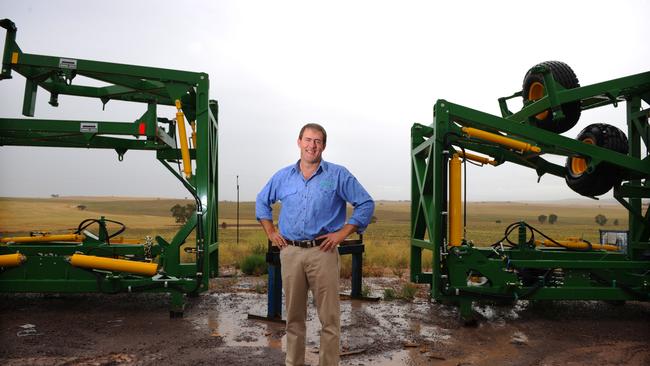
EXPANDING your business overseas is no easy feat, but these Telstra Business Award winners have a few clues how to do it right.
Right now is a promising time for small to medium enterprises (SMEs) entering foreign markets.
The Federal Government’s export credit agency has announced easier access to finance and with increased overseas demand; off-shore markets are a beacon of opportunity for the smaller end of town
Some of Australia’s most successful SME exporters and Telstra Business Awards winners have shared their tips for getting your product into global markets.
Shane Kelly’s agricultural machinery business, based in South Australia’s Flinders Ranges, Kelly Engineering, is famous for its low depth farm harrow.
Named Telstra’s 2010 South Australian Business of the Year, the company has battled the rising Australian dollar against the greenback since entering export markets in 2006.
“Understanding and managing exposure to foreign exchange has been critical to the survival of the business,” says Shane.
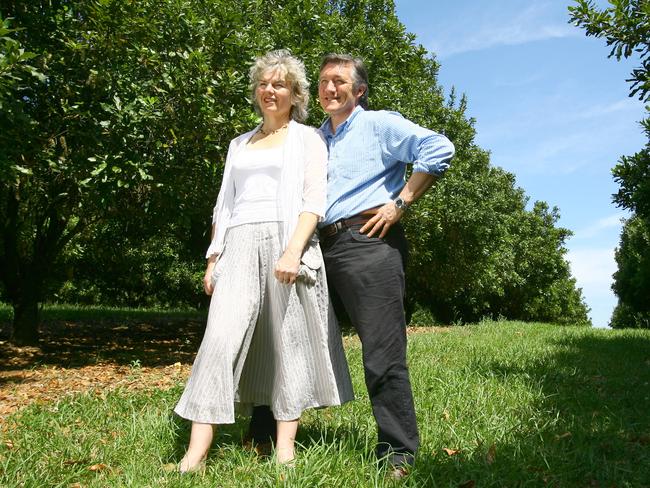
Brookfarm is a Byron Bay premium macadamia producer and 2007 Telstra Australian Business of the Year. Co-founder Pam Brook says new markets call for a different approach.
“Closely examine Free Trade Agreements to adapt the product and marketing strategy to appeal to individual markets,” she advises.
Machinery Automation & Robotics exports high tech robotic solutions to Europe, US, Asia and NZ and was awarded the 2008 Telstra Australian Business of the Year.
To compete globally, the Western Sydney-based business CEO Clyde Campbell says: “Developing export markets will cost you more than you initially think. Make sure you understand the relevant funding and tax concessions available to exporters.”
Canberra-based IT software company and 2014 Telstra ACT Business of the Year Intelledox’s CEO Phillip Williamson says to invest in your people.
“Whether you’re hiring locally or sending someone from the head office to set up operations, you need to invest in a strong team around them otherwise you’re setting them up to fail.”
Listen and adapt
Pam Brook encourages SMEs to prepare a market entry and marketing plan.
“Execute it well and be prepared to innovate and change in response to your market learnings.
“It’s important to take advice from appropriate importers and key industry people to get the right advice before you change anything. We’re currently doing this with the Korea and Japan Free Trade Agreements and it has influenced ingredients in products we’re developing for those markets.
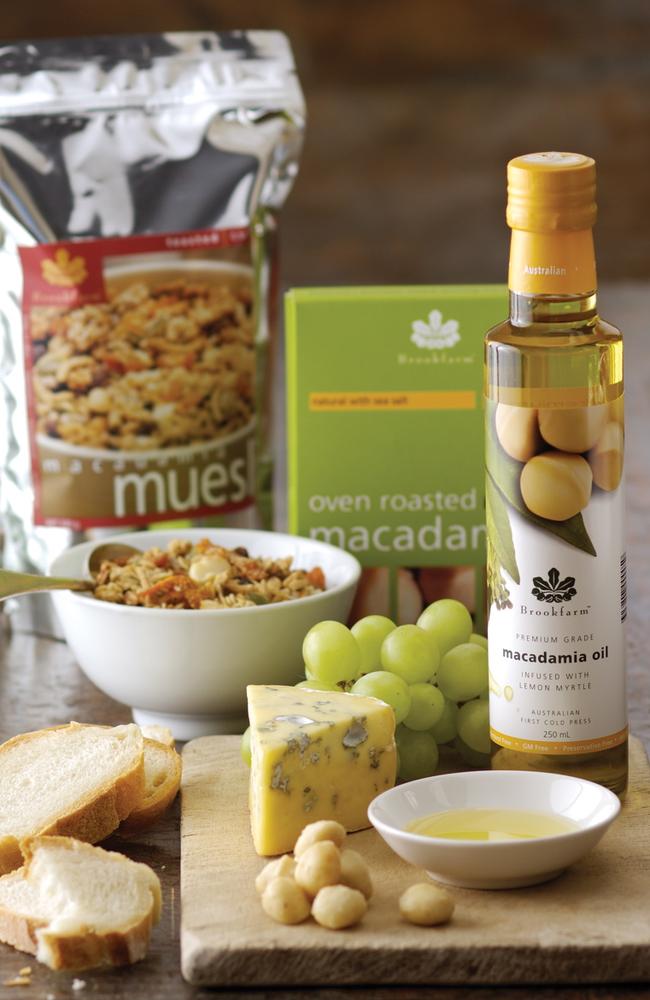
“We listen to our distributors and export partners before deciding which products to focus on in their markets, we also take on their feedback and marketing materials that are culturally appropriate and appeal to that market.
“Only work with trusted importers or distributors that really get what you’re about and will be transparent and work with you. Get referee checks from at least three other Australian companies that work with them.”
Manage risk with discipline
Since exporting to North America, Europe and South Africa, Shane Kelly says it’s been important to understand the effects of currency exposure and be disciplined in implementing a plan to manage risk.
“Volatile currency markets actually provide opportunities to hedge and manage your risk. Rock steady currency in the wrong place is horrible. We don’t play the market to try and make money from foreign exchange deals, that’s a high risk strategy and not for SME’s.
“Know the sweet spots for your market and understand the pain points. We use natural hedges, moving as many of our expenses as possible to USD and hedge our foreign exchange exposure using combinations of forward contracts and options. You have to be prepared to push prices up repeatedly.
“Knowing what your levels need to be is critical and then being disciplined in covering your risk whenever there is a fluctuation that favours you. Only cover your foreign exchange exposure otherwise you aren’t hedging, you’re speculating.”
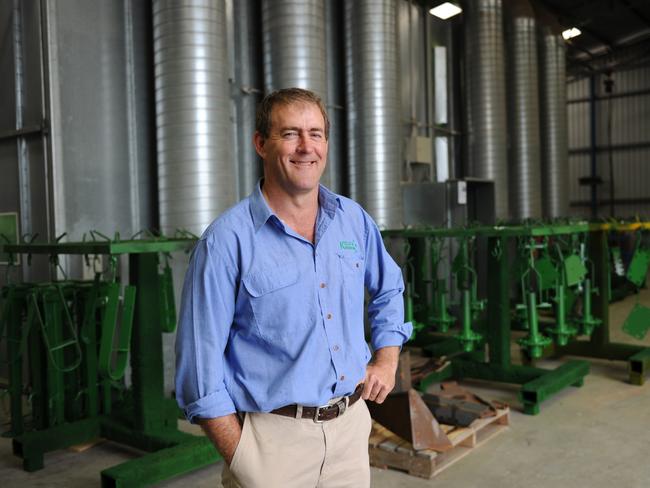
Build a network of advisors
Clyde Campbell says one of the biggest traps SMEs face when it comes to export rules and regulations is not getting good advice and trying to do it all yourself.
“Ensure you research and understand the local import rules and regulations in the countries you are exporting to. One example — I recall we shipped a machine to another country in a big rush to demonstrate the machine to senior executives of a potential client. We were hit with import duties and taxes that we didn’t expect as we thought the machine was for demonstration purposes only, not for commercial sale.
“In hindsight we should have sought export advice locally, and received approvals from the authorities before we shipped the item. It all worked out in the end, but the delays were painful at the time.
“Another pitfall is to not fully understand the impact of import duties on the market value of your product in various countries before you invest too heavily in sales and marketing activities. In some countries duties can be as high as 45 per cent which makes your product much less competitive. Rules and regulations are constantly changing at least every few years. This can work in your favour or can have a negative impact on your business. Developing export markets will cost you more than you initially think. Make sure you understand the relevant funding and tax concessions available to exporters.
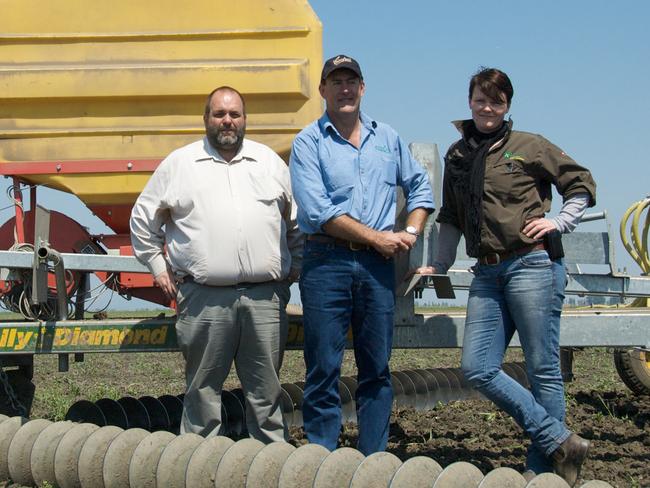
“Be persistent — developing and managing your export markets is not a straight forward process, and requires focus, energy and persistence.”
Shortcuts can become shortcomings
Phillip Williamson says there are two ways of starting your business or distribution operations overseas, so you need to ask yourself what’s more important and what’s going to work.
“You could send people from your head office to start it up, like we did in the US and Canada. The advantages are your existing employees know the product, company and culture — in other words, they know the DNA, goal and vision of the company and what the company is trying to achieve.
“The other option is you hire local talent who has all the contacts and networks, they have a rolodex of companies that they work for, but don’t necessarily know the company, the culture and the product.
“If you’re going to do it, you’re going to need to do it properly, you need to be properly funded and you need to be able to invest and put enough resources there so that they feel confident. No matter how often you tell them that the head office is a phone call away, they still need some infrastructure and team and support around them locally as well.”
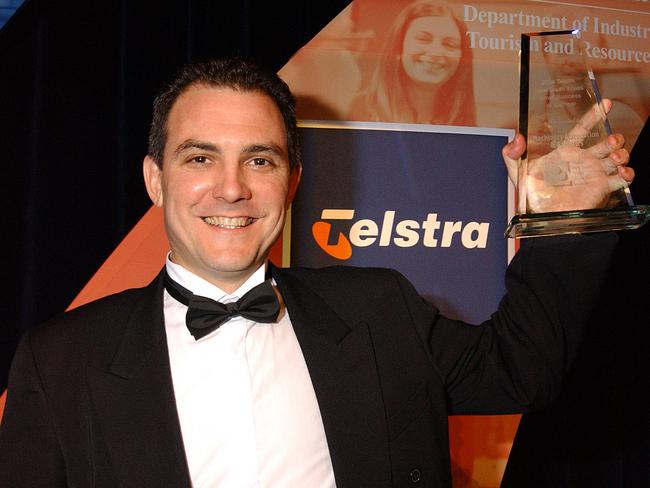
Ask the big questions
When finding a distributor overseas, Phillip says to ask lots of questions- Are they in the right markets? What are they used to selling and do they understand the market you’re in? Are they a strategic fit for your organisation?
“If you choose a local distributor, they don’t know you and might be selling a whole lot of other products. They may not be able to dedicate time for your product. You need to know their strategic fit and who they are already selling to. Are they selling to the same markets and customers as you and what kind of complementary products are they selling?
“Training is another very important component that is often easy to overlook. What sort of training and support are you going to give them? And then you’ve got to work out, how to get their attention, how do you get them to make some sales.
“Our advice would be that you need to spend a lot of time with them — it’s more than just training, you’ve got to go out with them to sales calls — be on joint sales calls, give them some hand-holding — baby sit them for the first couple of deals. If you invest in hand-holding/babysitting upfront, it will come back to pay dividends later.”
News Corp Australia is official media partner for the Telstra Business and Telstra Women’s Business Awards. To nominate a business for the 2016 ​Awards go to telstrabusinesawards.com​. Nominations for the Telstra Women’s Business Awards are now open until June 29 at telstrabusinesswomensawards.com.



